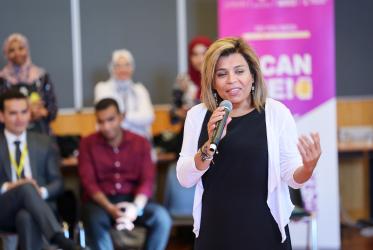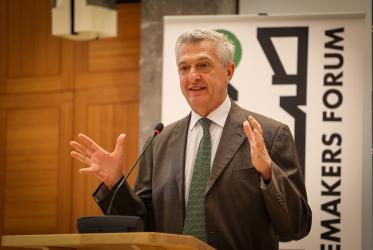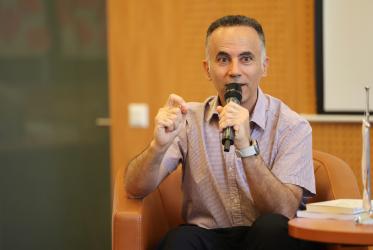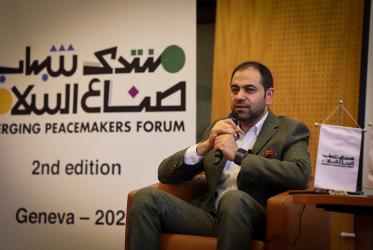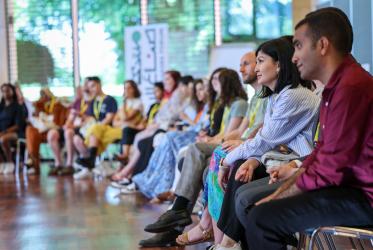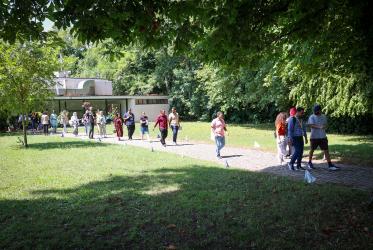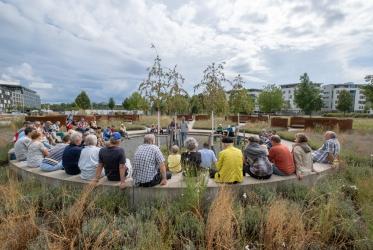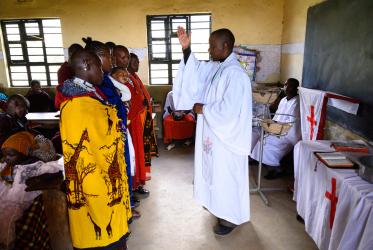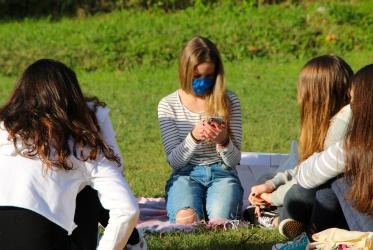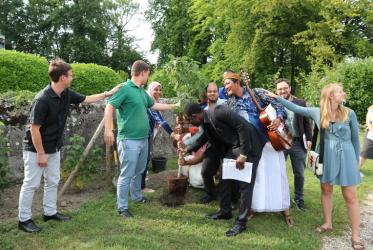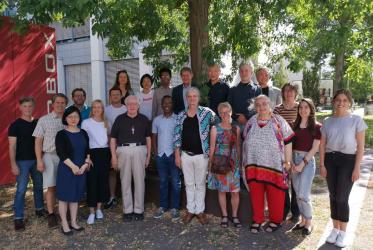Displaying 1 - 20 of 61
Workshop explores how interreligious dialogue brings trust and respect
15 September 2022
Dr Abuom reflects on women of faith as healers of creation
05 October 2021
Christians in Africa face increasing violent attacks, repression
23 December 2020
Young people offer visions for interreligious solidarity
04 December 2020
Bossey students explore the meaning of “belonging”
22 July 2019


